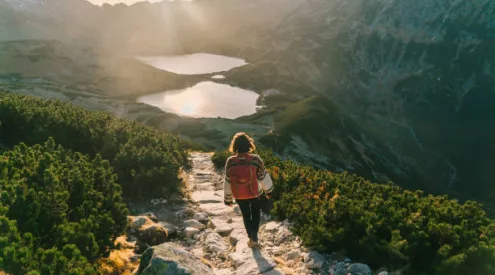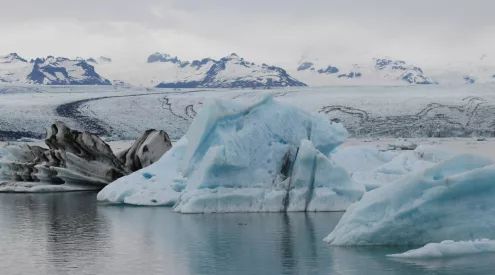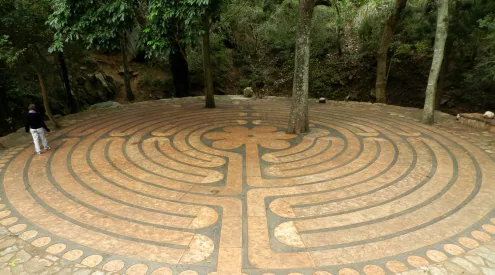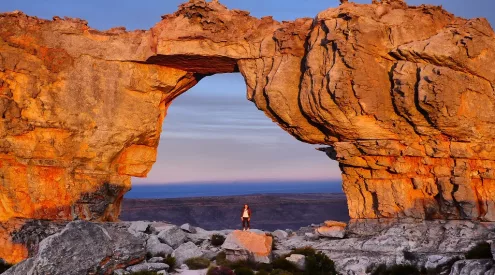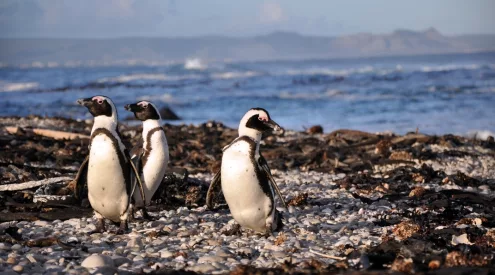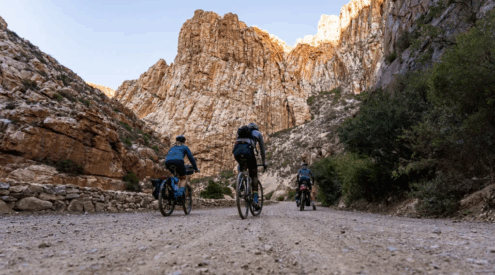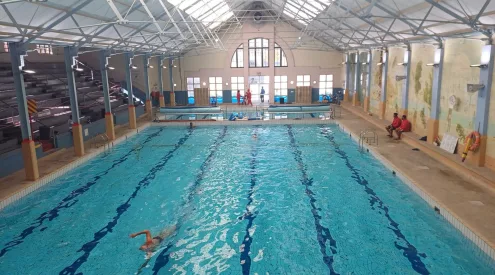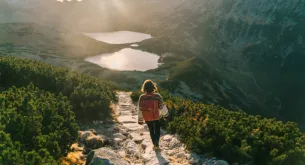While on Muizenberg Beach, Dr Tess Gridley, the principal scientist and co-founder of the environmental conservation organisation Sea Search, encountered a paper nautilus octopus. Also known as argonauts, these octopuses are an ancient species of pelagic octopus.
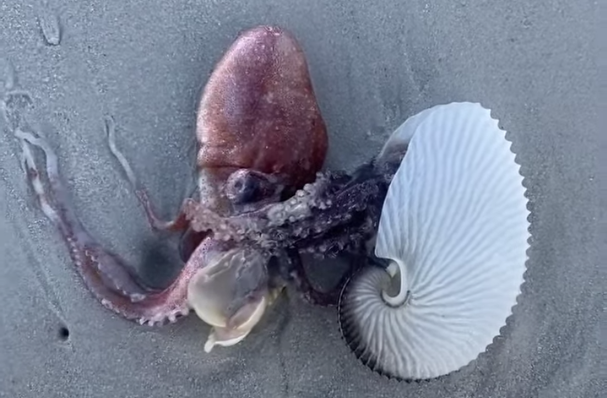
Dr Gridley discovered the paper nautilus alive; however, their chances of survival are usually low when washed ashore, and despite best efforts, it unfortunately did not survive.
Find out more about the scientific organisation Sea Search here.
also read: Hermes, Cape Town’s beloved adventuring caracal, has died
The paper nautilus octopus, also known as the argonaut, is a fascinating marine animal in the Argonautidae family. They are pelagic, which means they live in the open ocean rather than near the seafloor.
The shell that the female of the species creates is one of the most distinguishing features of the paper nautilus. The shell is made of a thin, delicate material secreted by the female’s body, which she then uses to build a chamber that protects her eggs. Although the shell is not attached to the female’s body, she can control its movements with muscular contractions.
Paper nautiluses can be found in tropical and subtropical waters worldwide. They are relatively rare, and sightings in the wild are not common, making Dr Gridley’s encounter even more special.
Dr Gridley posted the following message about the encounter along with a video:
‘I found this lovely lady on Muizenberg Beach this week while out looking for a dead seal! After the spring tide, there were a lot of interesting washouts: mermaid purses, pufferfish and this paper nautilus, which is a type of octopus. The female is much bigger than the male and secretes this special shell in which she lays her eggs. Normally pelagic species that are found near the water’s surface, these animals occasionally wash out, but when they do, their chances of survival are low. This lady, unfortunately, didn’t make it, despite our best efforts.’
Picture: Screenshot
Written by Sarah du Toit
Follow us on social media for more travel news, inspiration, and guides. You can also tag us to be featured.
TikTok | Instagram | Facebook | Twitter
ALSO READ: Good news from the brink of extinction in Volcanoes National Park

